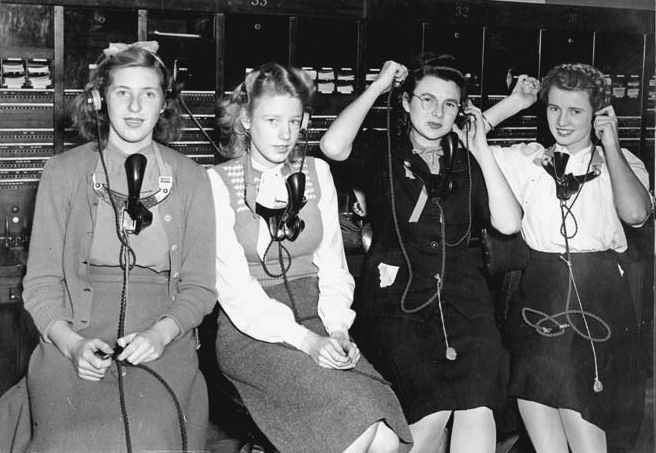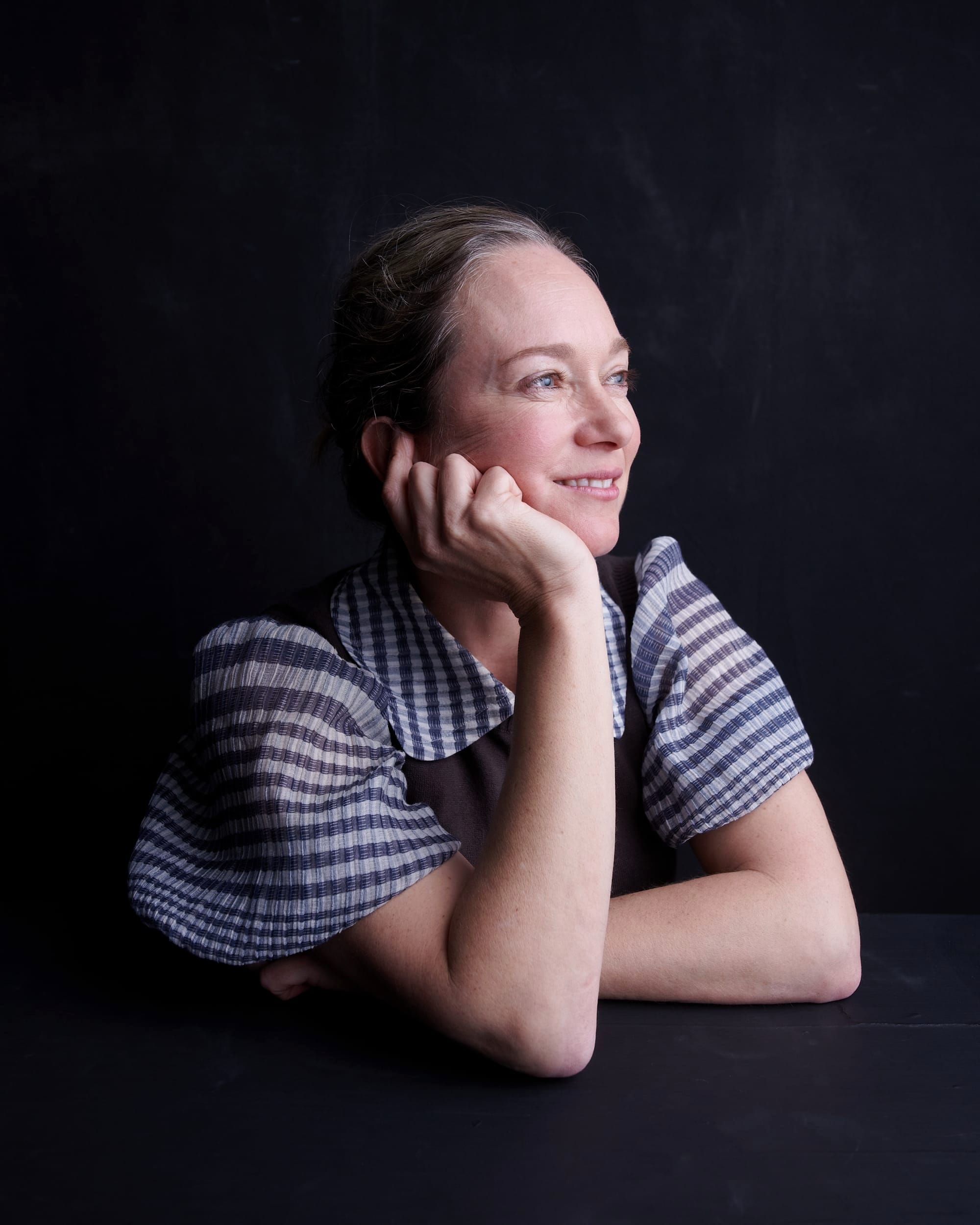

This is a fortnightly newsletter from Galah's editor-in-chief Annabelle Hickson.
"There are four types of journalists," he said. "The ones that can write, but can't report. The ones that can report, but can't write. The ones that can do both. And then," he said, exhaling, "there are the ones that can do neither."
That was my introduction to the newsroom when I was a cadet more than 20 years ago. I had no idea what type of journalist I'd be. "Just not the last," I prayed from my little cubicle opposite the chief-of-staff.
I had not done a journalism degree. Apparently, this was not a problem. In those early days, I kept hoping someone might tell me how to be a journalist, but instead they sent me out into the wild, armed with a notebook and a couple of paper Cabcharge vouchers.
"Go to this death knock," "that press conference," they said. "Jump in that helicopter and look out for Migaloo the white whale," "chase Paul Keating down after Keating! and ask him what he thought his political career being turned into a musical ." The prevailing attitude of my seniors felt Vonnegut-inspired: just jump boldly off the cliff and grow wings on the way down. So I did.
In hindsight, there were many journos and photographers who went out of their way to teach or show me what to do – these small acts of generosity are what I miss most about working at the paper. And then of course there were the sub-editors and editors who had at least one eye on me and my work, making sure that as I was growing wings on the way down I didn't crash into the cliff face.
But fundamentally I believe that journalism is a trade. You learn what to do by doing it. It's a bit like motherhood, in that you can read all the books, go to all the mothers' groups and get all the advice but, really, you've just got to roll up your sleeves and go for it.
In this climate of shrinking or shutting newsrooms, particularly in regional and rural Australia, I wonder who's going to write "the news" in the future – the thing that, to borrow ex-Guardian editor Alan Rusbridger's words, helps people understand their world, oils the wheels of society, pollinates communities, and keeps the powerful honest.
Will there be newspapers? Will anyone listen to live radio? Will there even be a 7pm TV news bulletin? Will Instagram die and be replaced by some other social platform? Will AI eat it all?
I have no idea what the form of news will look like in 20 years, even five years, but I do believe that whatever it looks like, we're still going to need people on the ground, reporting, taking notes and asking questions.
Perhaps AI will do the bulk of the editing, or even the writing. It certainly looks like it will do all the scraping – eating up the news stories of the day and turning them into information it can spit out for its own means. But I can't see how the system will function without the original reporting being fed into it in the first place. Whatever the media and the business models are in the future, they're going to need to start with real stories.
And I don't know about you, but I want some of these stories to come from regional Australia.
If we want to read stories from regional and rural Australia in the future, we need to equip young writers with the skills to kickstart their storytelling careers now. The number of newsrooms across Australia is shrinking. But the need for good journalism and local news isn't.
Starting in July, Galah will host a pilot program of our "How to be a journalist" course. It's the practical parts of a journalism degree, taught live and online, in eight weekly sessions.
It's the next best thing to learning in a newsroom, with a pathway to being published in Galah's magazines and newsletters, as well as advice on how to approach other media companies or self-publish. We want to train young writers to write not only for Galah, but for any media company.
We have five seats put aside for five young – 18-24 years old – regional writers in the pilot program and we're looking for sponsors to fund them. Sponsors can choose to nominate a young writer, or provide sponsorship to be assigned to a young writer who applies to the course through us.
Sponsors can be corporates, businesses or individuals and we can sing your praises publicly or keep your involvement anonymous – however you want to roll.
If you'd like more info on what sponsoring a seat looks like, click here.
If you're a young regional writer and you'd like to do this course, please register your interest here.
I don't want to sit back and complain about the state of regional news. I'd much rather do something that feels practical and positive. Help us train the young regional storytellers of the future, for whatever that future might look like.
Annabelle